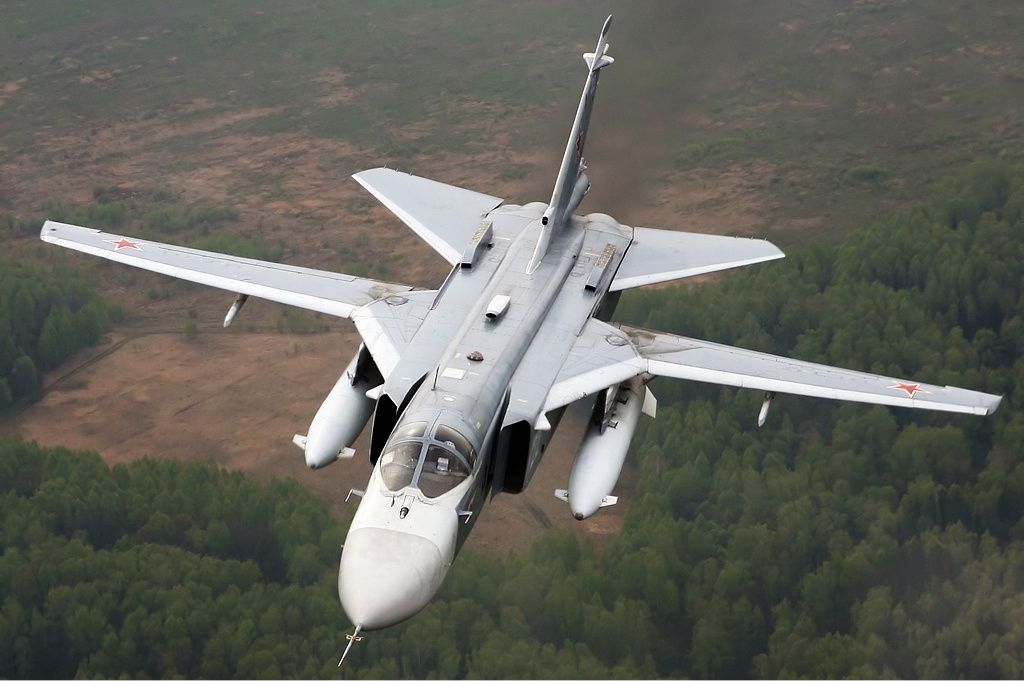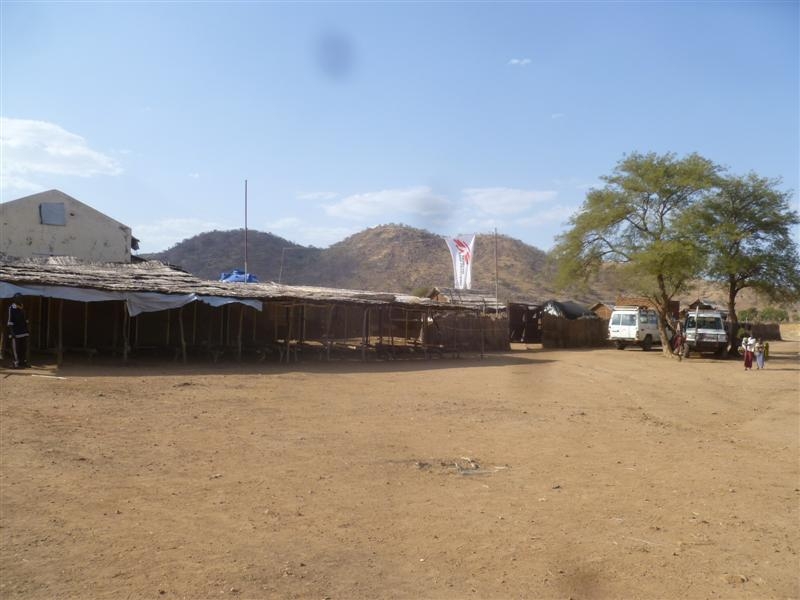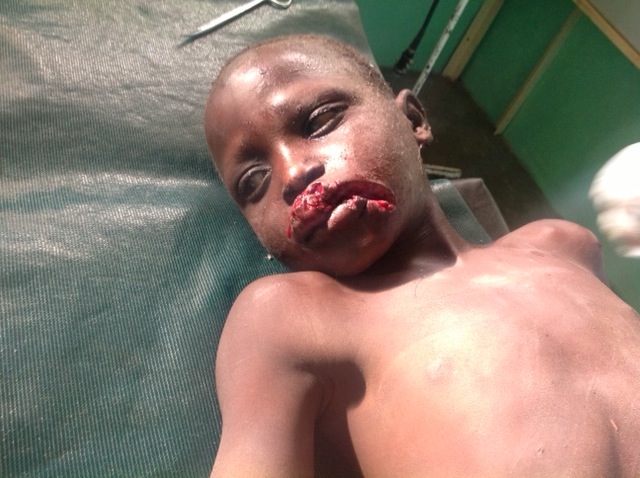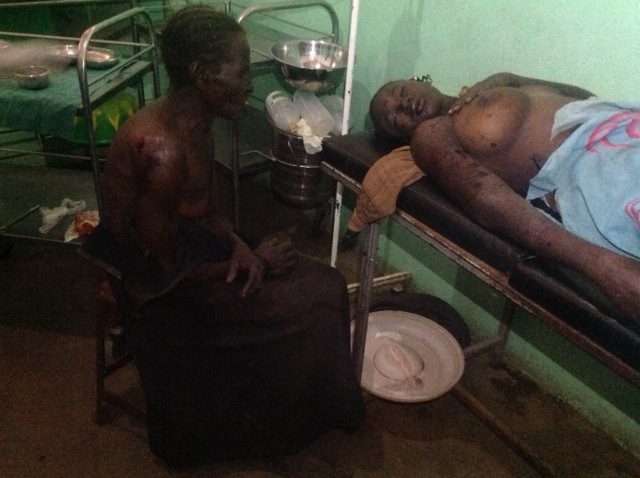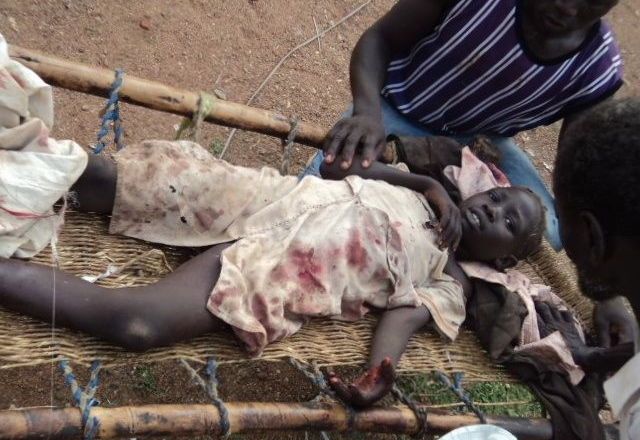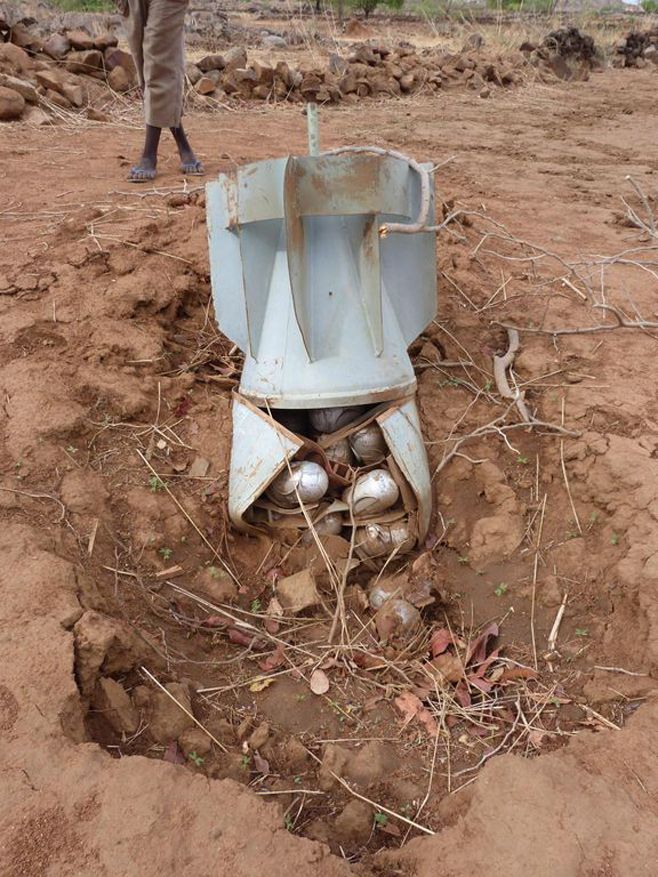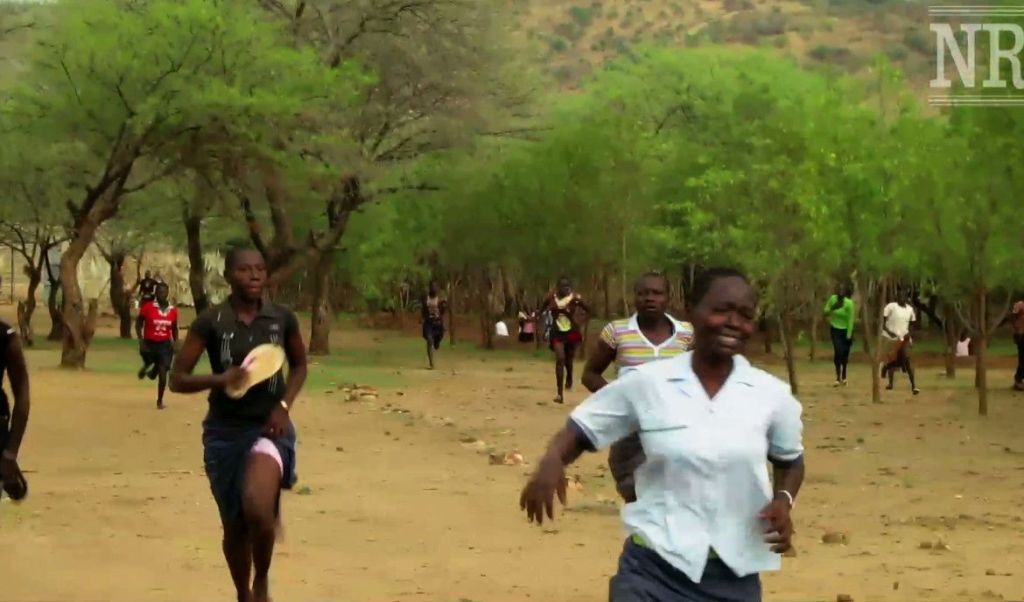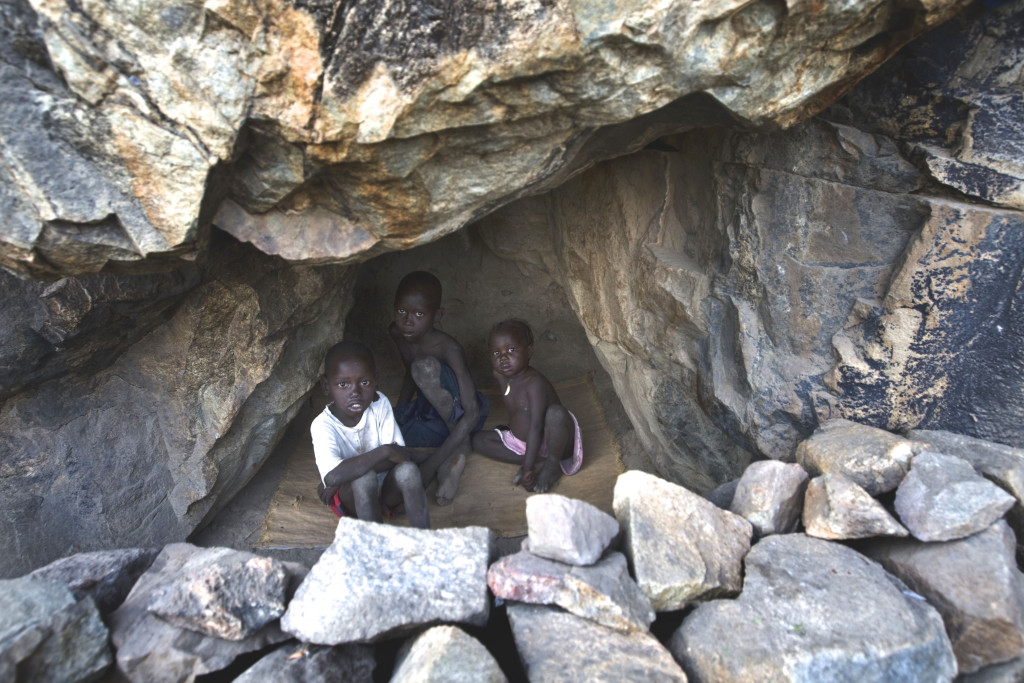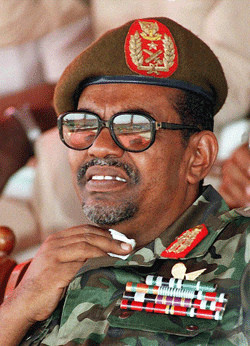“MSF, the Kunduz (Afghanistan) hospital attack—and MSF in Sudan” |
Eric Reeves, October 8, 2015 ~
There are several disturbing ironies to the increasingly heated rhetoric coming from Doctors Without Borders (MSF) in the wake of the deadly American air attack on the MSF hospital in Kunduz, Afghanistan. There certainly can be no denying the terrible nature of the human destruction and suffering that followed upon the attack, the horror endured by both staff and patients. But MSF has declared prematurely that the assault amounts to a war crime—a legal determination under international humanitarian law that requires far more facts than are available to MSF. Laurie R. Blank, director of the Emory University International Humanitarian Law Clinic, yesterday provided a measured, highly informed, and judicious assessment of what we actually know at this point, and the importance of remains unknown.
Even more troubling is the wildly overstated claim that “This was not just an attack on our hospital—it was an attack on the Geneva Conventions.” Such a conclusion comes before there has been any authoritative assignment of command responsibility for the attack, or a determination of how high up the chain of military of command such responsibility goes. A war crime may well have been committed, but such claims as MSF is now making are more likely to impede than encourage the independent investigation MSF claims to want. All will know that any finding not comporting with MSF’s conclusion that “the Geneva Conventions are under attack” will be dismissed as dishonest.
But there is a deeper and more insidious irony in statements this week’s statements. During a press conference in Geneva, MSF international president Joanne Liu declared:
“If we don’t safeguard that medical space for us to do our activities, then it is impossible to work in other contexts like Syria, South Sudan, like Yemen.”
What is striking here, and finally perverse, is the omission of Sudan from this list. For early this year MSF concluded that it was “impossible to work” any longer in Sudan—and the announcement came just days after MSF’s hospital in Frandala, South Kordofan (Sudan) was deliberately targeted and bombed by aircraft of the Sudan Armed Forces under the direction of the most senior military and political officials in Khartoum. The second attack, on January 20, 2015, was carried out by a Sukhoi-25, an advanced air-to-ground attack aircraft of Russian manufacture.
A Sukhoi-25 (Su-25) air-to-ground combat aircraft; it was just such a military jet that attacked the MSF hospital in Frandala on January 20, 2015. The pilot had the GPS coordinates for the hospital, knew that there was no military presence, and had clear orders from the top of the military command.
So what did MSF have to say in the wake of what was indisputably a war crime (as in Afghanistan, MSF had give the precise coordinates of its hospital to the regime in Khartoum; there was no opposition military presence anywhere in the vicinity)?
“We condemn in the strongest terms the bombing of the Frandala hospital,” said Marc Van der Mullen, MSF head of mission. “With more than 100 patients present, we were very lucky not to have more casualties because people simply had no time to seek protection. Everyone is shocked and frightened of further attacks. (MSF press statement, January 22, 2015)
The MSF hospital in Frandala, South Kordofan
But nowhere in this statement or any other by MSF does the term “war crime” appear, even as—in the absence of an unimaginable legal finding to the contrary—this was clearly a war crime. Why no use of the term after the first deliberate, targeted bombing of the hospital in Frandala? Why not after the second attack?
One answer of course is that the organization wished to register its unhappiness but not in a way so strenuous as to create problems with Khartoum. After all, much of South Kordofan is under humanitarian embargo, and MSF rightly felt its presence threatened. But the very fact of a second attack reveals the inadequacy of MSF’s strategy of accommodation. Khartoum is impervious to both strong and muted rhetoric; it responds only to credible threats. Indeed, just six days before the first attack on MSF in Frandala U.S. ambassador to the UN, Samantha Power, had condemned in particularly forceful terms an earlier attack on the Mother of Mercy Hospital near Kauda in the Nuba Mountains of South Kordofan (1 May 2014). The first bombing of the MSF hospital in Frandala was Khartoum’s retort to Power’s escalation of rhetoric—and we have heard nothing of substance subsequently from the Obama administration.
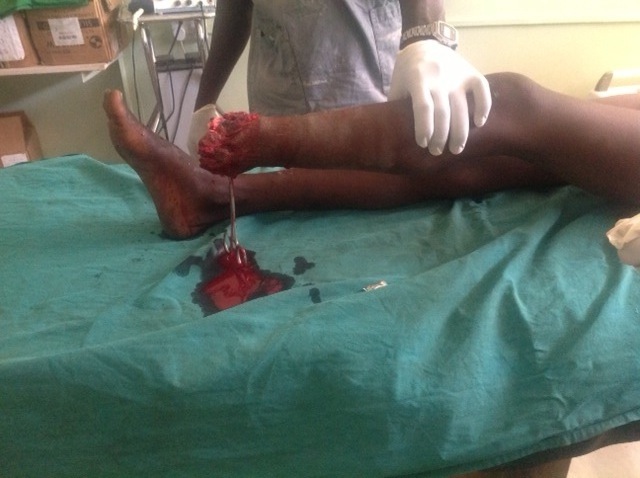 Victims of Khartoum’s aerial barbarism
Victims of Khartoum’s aerial barbarism
Perhaps the most perverse irony emerging from MSF’s strenuous condemnations and premature legal judgments of the bombing of the hospital in Kunduz is the apparent forgetting of the broad context established by MSF’s distinguished reporting on aerial attacks against hospitals in Sudan during the period 1998 – 2000.
An MSF/Switzerland report provided a wealth of data and specific information. Even though its investigation covered only 15 of the sites in Equatoria (the southern part of South Sudan) where civilian bombings allegedly occurred, MSF documented 60 separate raids on civilian and humanitarian targets during 1999 alone. The authors concluded that Khartoum’s military dropped almost 400 bombs on these targets. MSF’s investigation found that:
[a] the bombings are aimed at the civilian population and civilian targets, in particular hospitals and schools;
[b] The Khartoum regime appeared to be using chemical weapons and cluster bombs on civilian populations;
[c] the bombing campaign was part of a policy of terror which provokes new displacements of the population and increases the precariousness of the civilian population (Médecins Sans Frontières, Living under aerial bombardments: Report of an investigation in the Province of Equatoria, Southern Sudan, February 20, 2000),
These data were a key part of my short, but data-rich monograph on Khartoum’s aerial attacks against civilian and humanitarian targets, including field hospitals and standing medical structures (“They Bombed Everything that Moved”: Aerial military attacks on civilians and humanitarians in Sudan, 1999 – 2013). Collating all available data from all reliable sources through 2013, I concluded that there had been more than 2,000 confirmed attacks on civilian and humanitarian targets—2,000. And such bombings remain daily occurrences in South Kordofan, Blue Nile, and Darfur.
A banned anti-personnel cluster bomb used by Khartoum in South Kordofan
People fleeing Khartoum’s May 2014 bombing of the Mother of Mercy hospital in Gidel, near Kauda in the Nuba Mountains of South Kordofan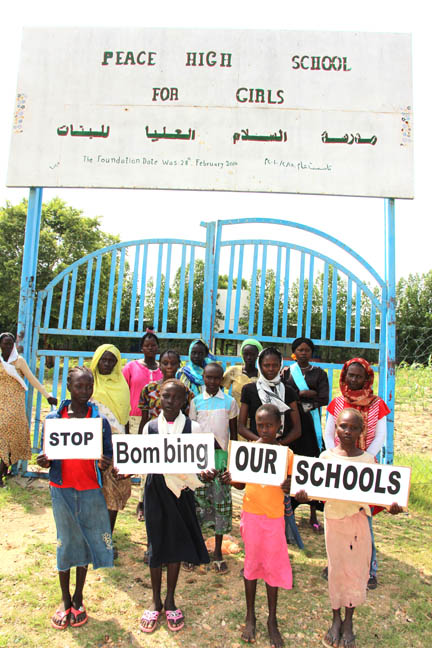 A plea to the international community to halt Khartoum’s barbarism, a plea to date ignored
A plea to the international community to halt Khartoum’s barbarism, a plea to date ignored
Many in the Nuba Mountains of South Kordofan feel too unsafe in their homes, and have been forced to live in caves
Yet since its path-breaking report of 2000, MSF has never spoken usefully about the unspeakable barbarism of relentless, systematic, deliberate targeting of civilians and humanitarians, attacks that in aggregate are not simply war crimes, but crimes against humanity under the terms of the Rome Statute that is the basis for the International Criminal Court.
In the wake of MSF’s recent selective outrage, one is forced to wonder about motives.
At the top of Khartoum’s military chain of command during the bombing of the MSF hospital in Frandala, former Defense Minister Abdel Rahim Mohamed Hussein
Ultimately, the chain of command ends with President and Field Martial (emeritus), Omar al-Bashir
